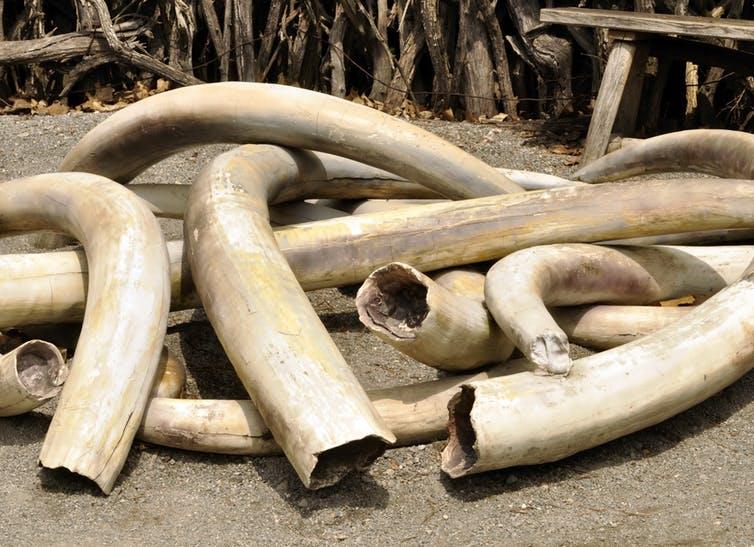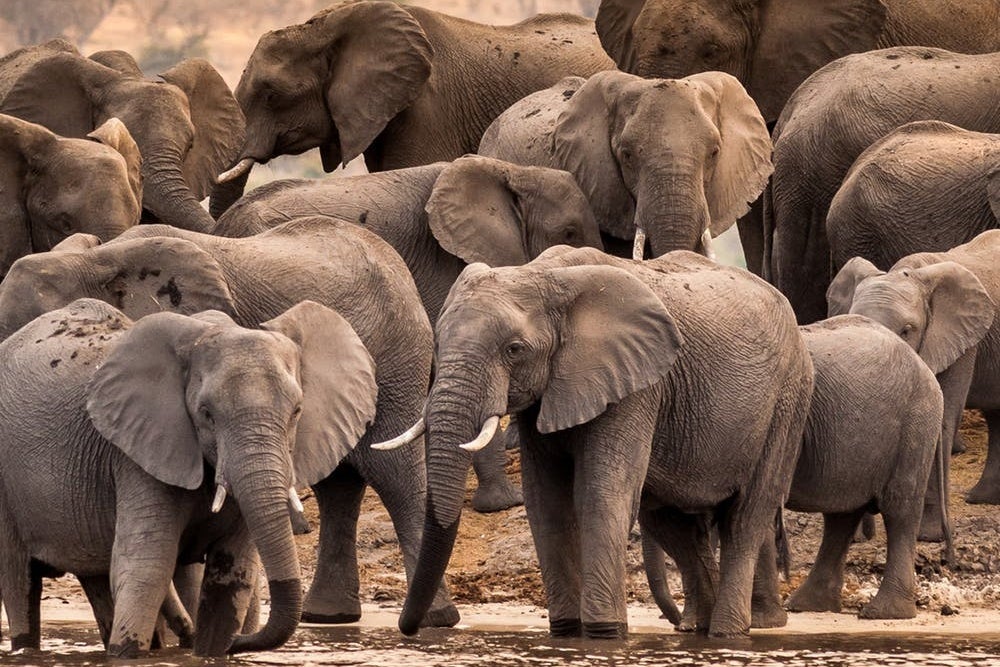These are the five ivory objects that will be exempt from a proposed trade ban
The UK’s ivory ban will be among the toughest in the world, says Caroline Cox, but with some interesting exemptions, from old miniature portraits to The Flagellation of Christ...

When Michael Gove first called for responses from the public to his plan to ban ivory sales back in October 2017, the environment secretary said it would “put the UK front and centre of global efforts to end the insidious trade in ivory”.
Four months and 127,607 consultation responses later, Defra (the Department for Environment, Food and Rural Affairs) has published its own response, confirming a ban will come into effect once legislation can be passed.
The law will close the “antiques exemption” in the current legislation, which allows for the sale of ivory items that were made before 1947.
This allows unscrupulous, or unknowing, sellers to pass off illegal post-1947 ivory items as pre-1947 pieces.
The ivory trade won’t be entirely banned under the new regulations, however, and some exemptions will remain:
1. Musical instruments
Pianos fall under the first exemption, which relates to musical instruments made before 1975 where ivory makes up less than 20 per cent of the volume. This covers most familiar instruments such as pianos with ivory keys and violin bows.

Musicians’ unions lobbied hard for the exemption to be included. This will come as a great relief for them. Most respondents to the consultation opposed such an exemption, but Defra believes that the continuing use and trade in pre-1975 instruments would not contribute to further poaching.
2. Furniture with ivory decoration
The second exemption category is perhaps the most controversial. It allows for trade in objects where ivory makes up less than 10 per cent of the volume, as long as it was made before 1947. Representatives of the arts and antiques sector unsurprisingly wanted much more lenient rules – up to 50 per cent ivory – but Defra took a tougher line. Most furniture with decorative ivory will remain exempt from the ban but commonly traded artefacts such as netsuke, miniature carved Japanese button sculptures, will not.
3. Portrait miniatures

Locket portraits at least 100 years old from the start of the new rules are exempt. These small items were often painted on whisper-thin slivers of ivory and encased in glass fronted lockets. The ivory used is so thin that it cannot be recurved.
4. Museum pieces
Defra has also introduced an exemption for museums, which will keep their right to sell to, or buy from, accredited museums in the UK or elsewhere. Many of those in favour said it was important to protect cultural heritage and to conserve pieces for educational and research purposes.
5. The Flagellation of Christ by Jacobus Agnesius
This 17th-century ivory carving was sold by Christies auctioneers in 2016 for £965,000.
It is mentioned here as an example of one of the relatively small number of items that would fall under the final exemption, for items of “artistic, historic or cultural value”. Such items must be an example of the rarest of their type. Defra will seek out specialist knowledge from advisory institutions such as museums before granting an exemption under this category.
As one of the largest and most remarkable statues of its kind in the world, and one of just a handful of confirmed works by its sculptor, The Flagellation of Christ would warrant an exemption. But that nice carving you picked up on holiday? Probably not.

To enforce the ban, the government wants to introduce new compliance rules which will be administered by the Animal and Plant Health Agency.
Owners of ivory items who wish to sell them will have to consider which exemption they come under and then register the items on an online database which will be accessible by the government, the regulatory body and the police. The database generates a unique number. As time goes on, the database will get bigger and unregistered items will become impossible to sell.
Putting the onus on the seller should make the policing of the new rules much easier. Breaches of the new rules will involve both civil punishments such as stop notices or fines, and criminal charges with the offender sentenced to up to five years in jail.
Yes, this represents more red tape if you are thinking of selling your old piano or antique furniture. But the elephants will thank us.
Caroline Cox is a senior lecturer in law at the University of Portsmouth. This article was first published in The Conversation (theconversation.com)
Join our commenting forum
Join thought-provoking conversations, follow other Independent readers and see their replies
Comments
Bookmark popover
Removed from bookmarks